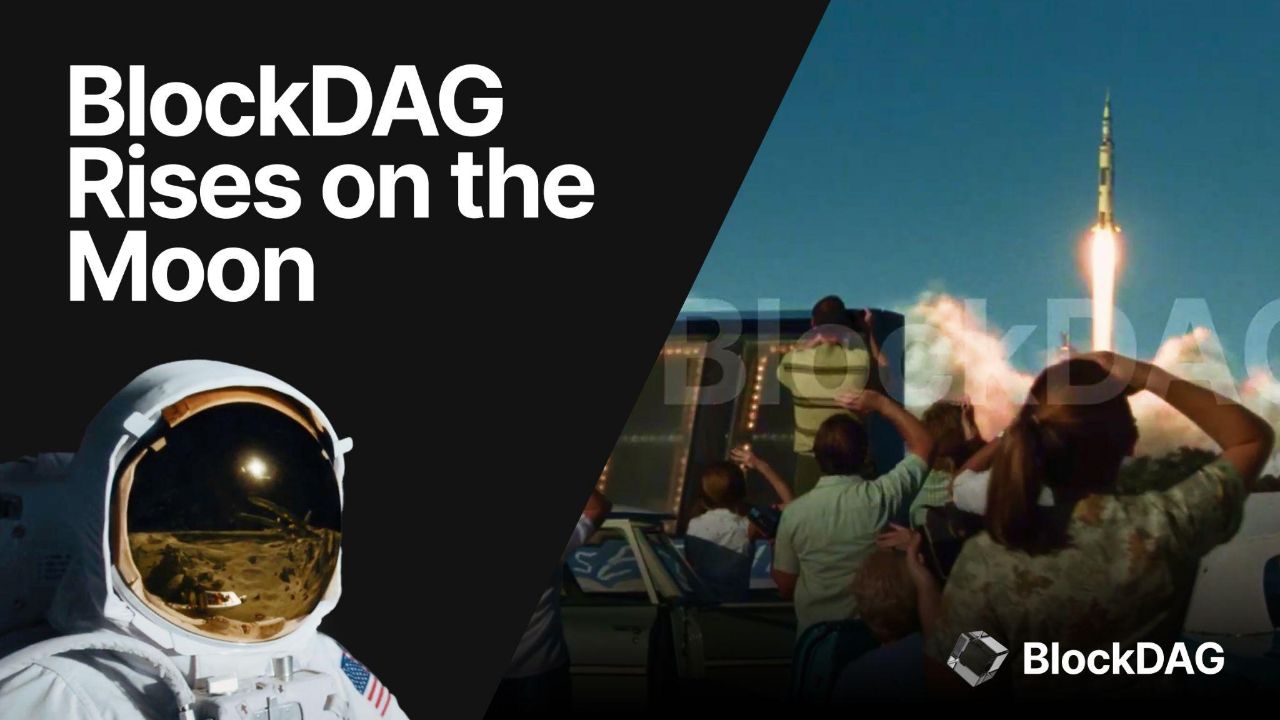A unified regulatory framework for blockchain will be crucial to utilizing this technology to its full potential. Most of the progress in the worldwide community depends heavily on a few blockchain-activist countries. What is the most important here - the future of decentralization and privacy protection remains shaky as long as it is not legislated within the financial jurisdictions. Therefore, spectating countries like Malta and Switzerland post guidelines for further government and financial structures application, makes it feel like at least some countries are adapting. Sadly, there are still many countries closing their doors to any blockchain enterprises, as an aggravating consequence of the excessive freedom crypto startups had just several months ago.
As blockchain becomes internationally recognized as an essential technology, certain governments start heading towards a clear regulatory environment. They provide an example of a healthy industry development and growth. So let us dive in a bit deeper for more specifics of countries that are likely to be trendsetters in the nearest future.
Switzerland. Commonly known as Crypto Valley, Switzerland, and the city of Zug specifically, is a popular cryptocurrency jurisdiction. Financial institutions here claim to accept crypto assets ubiquitously, though mostly with 12 – 18% in corporate tax for safekeeping.
Switzerland certainly has a blockchain-friendly attitude and was one of the first choices to conduct ICOs in 2017 - 4 out of 10 of the biggest ICO campaigns were run there. Currently, there are no specific registration policies for the blockchain-based companies they would be obliged to align with, though a special FinTech Enterprise license is being developed (as promised by the guidance notes for ICOs released this February).
Luxembourg. The country has been hosting Bitcoin exchanges, such as Bitstamp, since 2016, and even was the first one to grant such an institution a full payment license. Luxembourg does not have specific regulations on crypto assets, legally equalling them with any regular type of electronic money, therefore forcing them simply to comply with applicable AML/CFT laws.
The jurisdiction has cemented its place as a top crypto nation within the European Union - a number of high profile blockchain-based businesses, and exchanges such as BitFlyer, have also moved to the country.
Malta. The Maltese government launched the Malta Digital Innovation Authority in February 2018 to provide legal clarity for companies developing blockchain-based technologies. At the same time, Malta made global headlines when announcing the Cabinet of Malta approving the Virtual Financial Assets Bill. The Bill provided a regulatory base for blockchain. The first one to support Malta in this move is Binance exchange, considered the largest exchange by volume, that plans to move some part of its operations there. However, the crypto giant will need to delay, as the regulation must take effect before it can apply for a license.
It is expected that banks will become less reluctant to businesses when the regulations are in place and operating.
What is holding other jurisdictions back from trying?
The current state of financial regulators in many countries are highly reluctant to attempt legislation for the crypto and blockchain. If this stays this way for much longer, initiatives can simply die out, as there will not be any cash flow towards the technology.
To understand what the current policy is, one must ask the following questions directly to the representatives of the governments of these countries:
How do governmental decision-makers look at the blockchain industry? How can this industry affect the regional economies, and how will government bodies react in this regards?
To answer these questions, one needs to hear from all the responsible government parties, in conjunction with examples of real practice in each country. This is what is planned for the Blockchain Leadership Summit in Basel, when representatives of 17 countries will introduce first-hand ideas during the Panel Discussions on Financial Regulations. This Discussion is highly anticipated by industry players, as it will shed light upon real cases of legislative process, and might have a direct effect on one countries’ nearest future.
The organizer of the event: InnMind, the first Swiss-made global business ecosystem for the innovative community, start-up founders, experts, investors, mentors and service providers who are focused on work with innovations. Launched in 2016 in Switzerland, today InnMind connects over 25000 of industry professionals from 70+ countries worldwide.
Blockchain Leadership Summit: 23-24 November, Basel, Switzerland.
More info: https://swissblockchainsummit.com/
Twitter https://twitter.com/BL_summit/status/1055840618696458240
Linkedin https://www.linkedin.com/feed/update/urn:li:activity:6461604228820463616
Telegram https://t.me/bls2018/75














